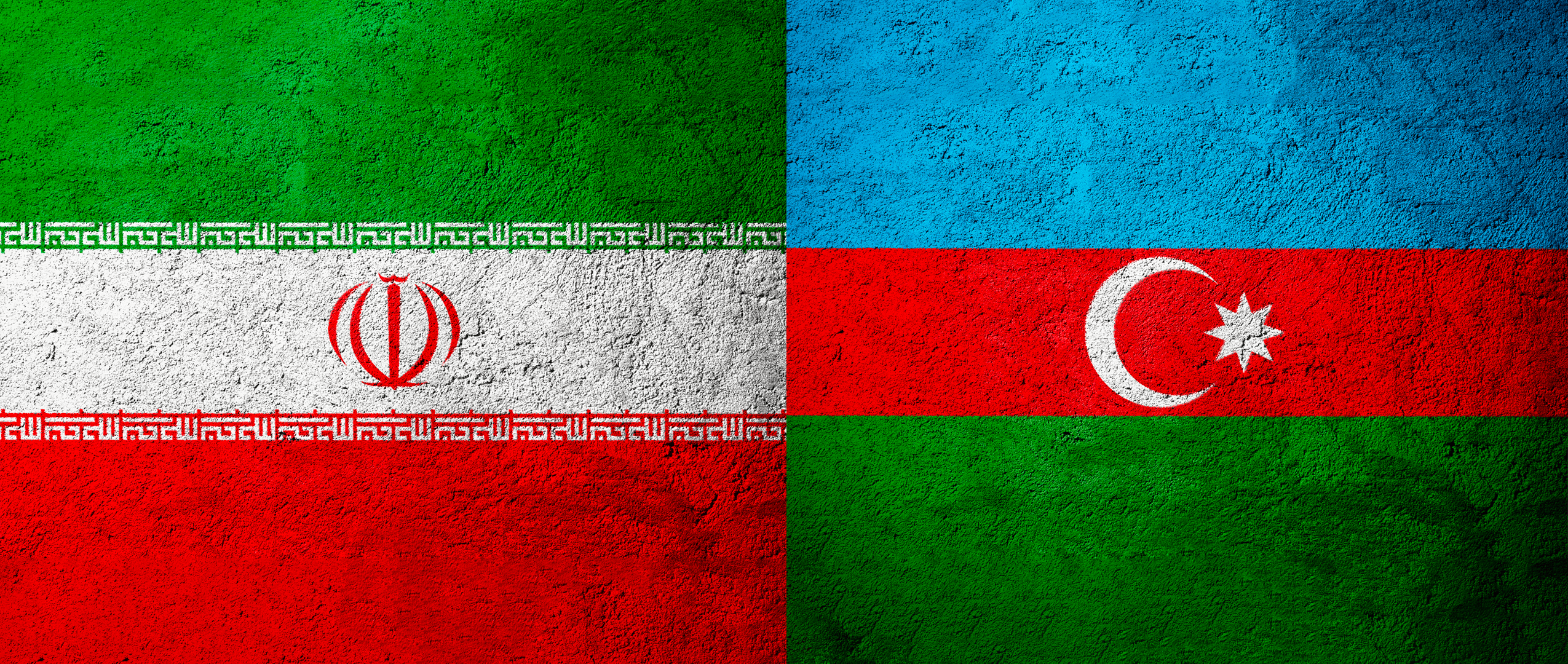By HRF’s Center for Law and Democracy
Elections are the touchstones of democratic governments. When conducted freely and fairly, they allow the people to express their will and hold power to account. However, many elections are not free or fair, and elections alone do not guarantee democracy.
Many authoritarian regimes use elections not as a means of empowerment, but as a way to perpetuate repression. Elections can be rigged and manipulated to ensure a certain outcome and give the appearance of legitimacy to dictators and tyrants. This allows regimes to project an impression internationally that they adhere to democratic norms, while in reality subverting those norms to be nothing more than a rubber stamp on their authoritarian tactics.
Elections in countries ruled by fully authoritarian regimes are not a viable route to power for the opposition, and there is no uncertainty about their outcome. Under these regimes, major opposition candidates may be banned from participating, and there is essentially no relationship between voter preferences and election results. This reality is well-documented in the work of Harvard University and University of Toronto political scientists Steven Levitsky and Lucan A. Way in their book, Competitive Authoritarianism: Hybrid Regimes After the Cold War.
In February, the world saw unfree and unfair parliamentary elections in Azerbaijan and Iran, two fully authoritarian regimes. While they differ in context and use different tactics of repression and manipulation, the result in both states is the same: depriving voters of a meaningful choice at the ballot box, and using sham elections to provide a veneer of democracy over their authoritarian repression.
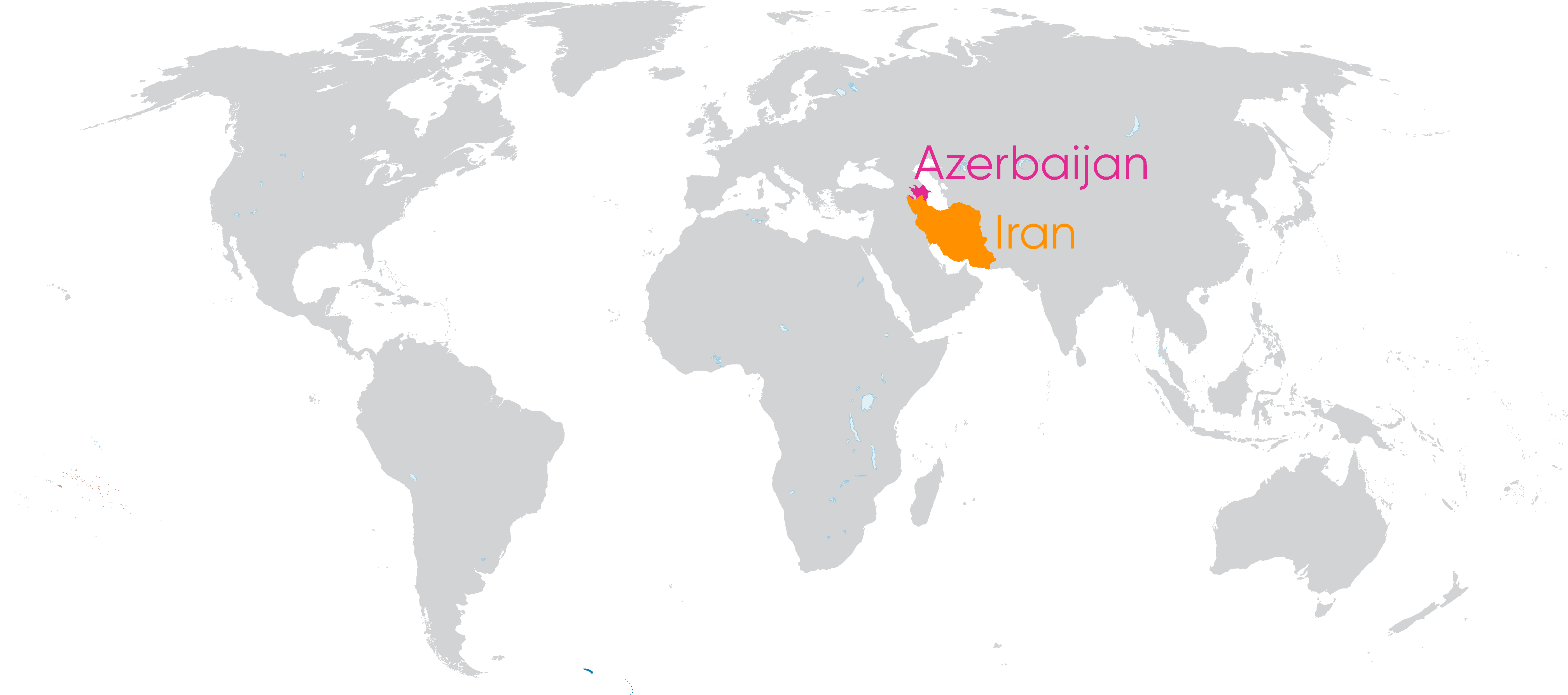
Azerbaijan
Azerbaijan is a post-Soviet state with a population of a little over 10 million people in the Caucasus region, surrounded by the Caspian Sea, and the neighboring countries of Georgia, Armenia, Russia, and Iran. The people of Azerbaijan are mainly Turkic and Muslim (more than 90% of the population), historically influenced by Persian and later, Soviet cultures.
Last December, Ilham Aliyev, the president of Azerbaijan, dissolved the National Assembly, also known as the “Milli Mejlis,” and called for snap parliamentary elections on February 9, 2020.
In the lead up to this move, the Milli Mejlis — dominated by Aliyev’s New Azerbaijan Party (YAP) — had approved a proposal that called for its dissolution and asked Aliyev to call snap general elections nine months in advance of when they were set to take place.
The regime’s official explanation behind the move was that it would support the abrupt, top-down “reform programme” envisioned by Aliyev because the legislature was unable to keep up with the pace of economic, judicial, and social reforms. Given that the YAP is the ruling party, there is no separation of powers between the different branches of government and a lack of checks and balances on the executive.
Some speculate that the snap elections were called to catch the public and the opposition off guard, or out of fear that anti-regime sentiment would grow until November — the period during which the elections were originally supposed to occur — due to Azerbaijan’s stagnant economy.
As was seen in countries ruled by authoritarian regimes, including Iran, 2019 was a year marked by anti-regime protests; many of which were triggered by economic crises that led to demands for political and economic reforms. Calling for snap elections, within the context of a stagnant economy and the protests that have taken place globally within the past year, was very likely a strategic move by the regime to prevent the potential for anti-regime protests.
On February 9, Azerbaijan held its parliamentary elections. As noted in the Organization for Security and Co-operation in Europe’s report, there was no genuine competition in the lead-up to the elections. There was a restrictive political environment characterized by aggressive rhetoric of muzzling dissent and jailing opponents, leaving no meaningful choice for voters, and leading 313 of the 1,637 candidates who were registered to run at the start of the campaign period to withdraw their candidacies for a variety of reasons; some opposition figures who withdrew said they had received pressure from the authorities to do so. Furthermore, the lack of genuine competition did not allow the chance for political pluralism. For example, the opposition Republican Alternative Civic Movement (REAL) party chair Ilgar Mammadov, prominent human rights activist Rasul Jafarov and several other candidates were prevented from registering by election officials due to previous politically-motivated convictions, despite judgments by the European Court of Human Rights to restore their right to participate in the elections. In the 2013 presidential elections, Mammadov was the one candidate who could have posed a threat to Aliyev, but was arbitrarily arrested after announcing plans for running, and was behind bars for five years.
The very nature of the pre-election environment ultimately led the main alliance of opposition parties — the National Council of Democratic Forces — to boycott the vote, citing a lack of freedoms. This left the electoral field filled with candidates who did not provide voters with alternative policies to those of the ruling YAP.
Under these circumstances, it is not surprising that the YAP is estimated to have won 72 of the 125 seats and that pro-regime candidates took almost all the rest. Given that the YAP previously had 65 seats in the Milli Mejlis, it was able to increase its representation by holding the snap elections. Only one opposition candidate, Erkin Gadirli of the REAL party, won a seat.
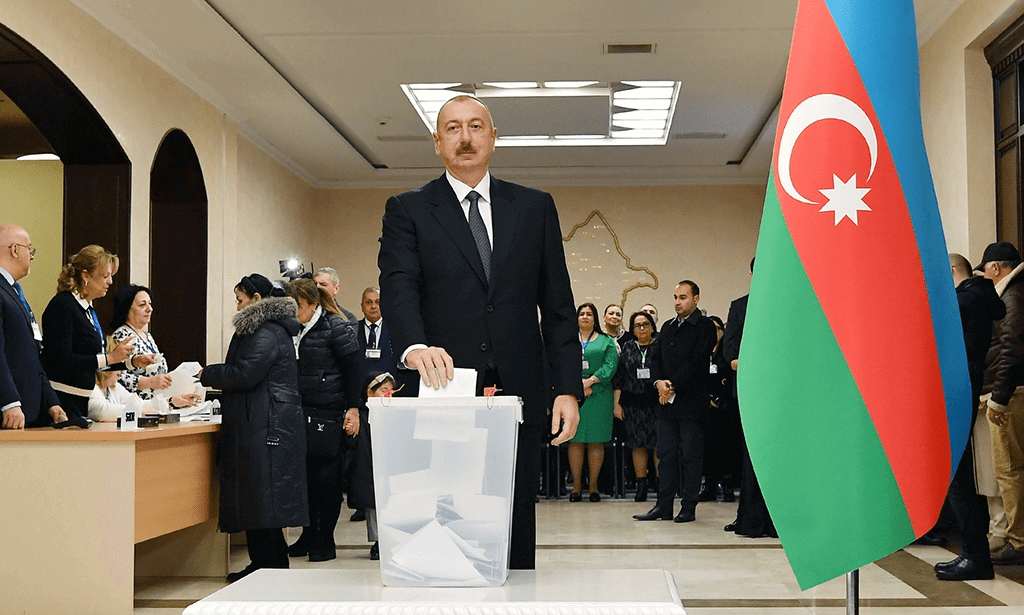
Ilham Aliyev casts his vote at a polling station in Baku on Feb. 9. (Photographer: Resul Rehimov/Anadolu Agency)
Azerbaijan’s Central Election Commission (CEC) announced that voter turnout was 47.81%, though the opposition Musavat and REAL parties claimed the number was much lower than reported, indicating that the elections did not reflect the free will of the people and cannot be considered legitimate.
The outcome of the elections was denounced by international observers due to fraud, voter intimidation, and pervasive procedural irregularities, including votes cast in the name of deceased people, ballot-box stuffing (including by a state official), discrepancies in the number of registered voters, and the harassment and expulsion of independent observers. The CEC annulled results from at least four constituencies due to irregularities, but most complaints remain uninvestigated, as electoral commissions are heavily under the influence of the ruling YAP.
In the aftermath of the elections, independent candidates and activists staged a demonstration in Baku on February 16 to protest the widespread violations, but were quickly dispersed and detained by the police. Among those detained, included opposition Musavat Party’s leader Arif Gajily and candidate Faraj Karimli; REAL party leader Ilgar Mammadov; the head of the D18 opposition movement Ruslan Izzetly, and more than 100 demonstrators.
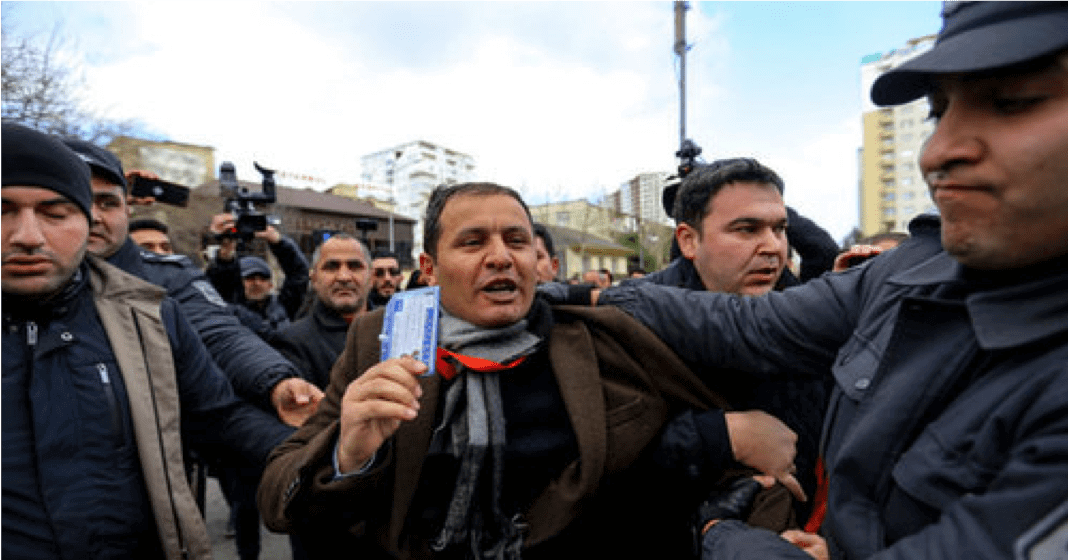
MP candidate is arrested at a post-election demonstration. Baku, February 16. (Photo: Aziz Karimov)

Police detain protesters at a demonstration following the election. Baku, February 16. (Photo: Nurlan Gakhramanli)
This is not the first time that snap elections have taken place in Azerbaijan. In August 2018, Ilham Aliyev secured his fourth term in office since coming to power in 2003, when he replaced his late father, Heydar Aliyev, through an unfree and unfair election.
The vote in August 2018 took place amid widespread criticism after Aliyev changed the date of the elections; it was originally scheduled to take place in October 2018. Opposition parties criticized the move as an attempt to prevent their candidates from running and mounting a strong campaign as was the case with this year’s parliamentary elections.
As a result of this, in a situation similar to the recent elections, some leading parties that year decided to boycott the snap elections. This boycott, and the selective approvals of candidates by the CEC, meant that the elections did not feature serious contenders.
In fact, no election in Azerbaijan has been deemed free, fair, credible or competitive, by international observers since the country became independent in 1991. In 2009 and 2016, there were constitutional referenda held, without meaningful parliamentary debate or public consultation, to pass 29 constitutional amendments, allowing Aliyev to rule for life by scrapping the two-term presidential limit, and extending the presidential limit to seven years from five, respectively. With no constraints on Aliyev’s power, this also allowed for Aliyev’s wife to enter political office; the following year, there was the establishment of the vice-presidential post which was created exclusively for Aliyev’s wife Mehriban Aliyeva. The appointment sparked speculation that Aliyev is gradually paving the way for a husband-to-wife transfer of power based on the fact that the vice president will serve as the acting president if the president resigns or is incapacitated.
As we have seen in Azerbaijan, elections in the country have primarily served to consolidate the power of Aliyev and the ruling YAP by ensuring a continuity of their political agenda.

Mihriban Aliyeva and Ilham Aliyev (Getty Images)
Iran
Iran — officially the Islamic Republic of Iran — neighbors Azerbaijan to the south and is the second-largest country in the Middle East. Iran has a population of almost 84 million people who belong to diverse ethnolinguistic groups and are predominantly Muslim (approximately 95% Shia and 4% Sunni). As a founding member of the Organization of Petroleum Exporting Countries (OPEC), its oil reserves and coast along the Strait of Hormuz give it geostrategic importance regionally and internationally.
Unlike Azerbaijan’s snap elections, which were held following the dissolution of the Milli Mejlis, Iran held legislative elections on February 21, 2020, against a backdrop of socio-political unrest.
Major protests broke out across the country in November 2019, initially over a fuel price increase, but quickly broadening to represent larger anti-regime sentiments. The regime’s response was brutally violent and included an Internet blackout that stifled reporting and information-sharing.
In January, following the death of Iranian general Qasem Soleimani, and amid the instability in the country, the regime forced thousands of people to attend state-sanctioned funeral services. Shortly afterward, in the aftermath of Iran’s retaliatory strike on an Iraqi base that housed U.S. troops, Iran’s security forces alleged to have mistakenly shot down a Ukrainian jetliner, killing all 176 passengers and crew on board, including many Iranians. The strike, coupled with the Islamic Revolutionary Guard Corps (IRGC) and the Iranian regime’s initial denial, renewed protests against the regime’s corruption and opacity.
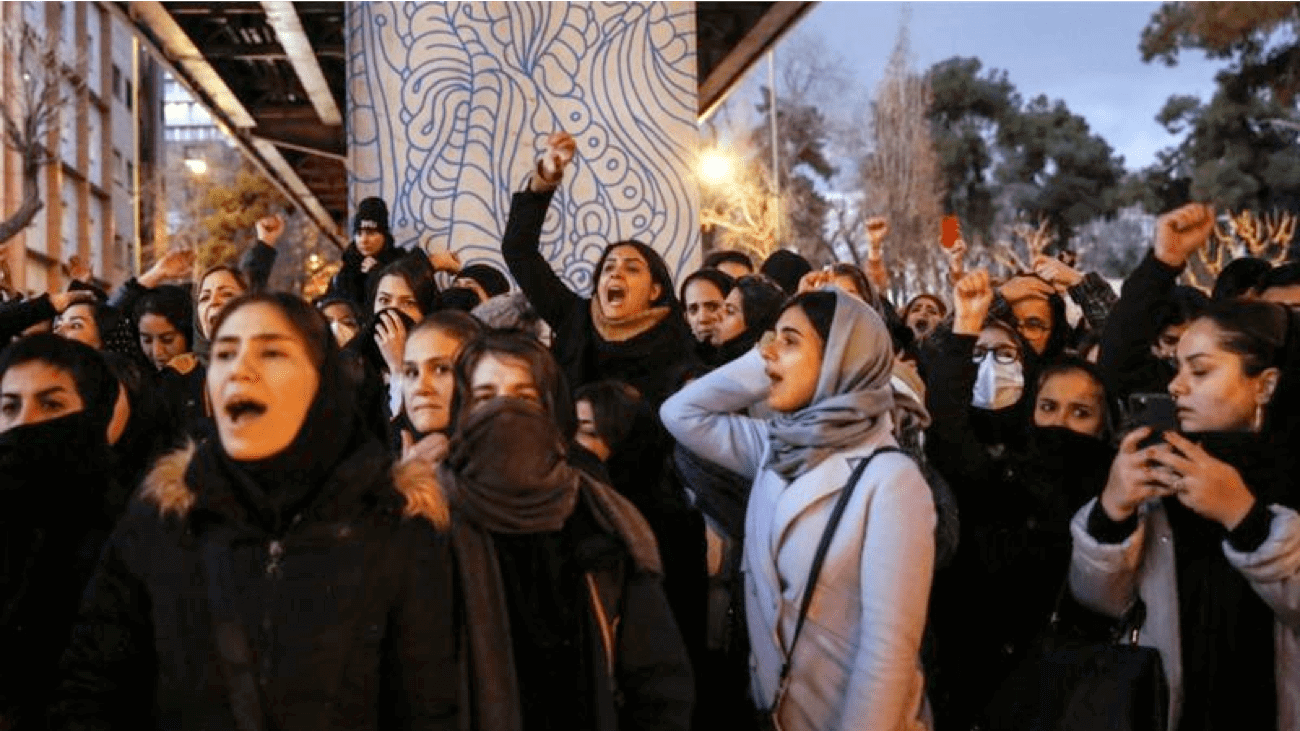
Iranians gather to protest the downing of Ukraine International Airlines Flight 752. (Abedin Taherkenareh/EPA)
In the lead up to all elections in Iran, the Guardian Council has ultimate authority over who can run in the elections and dictates the entire electoral process before voters are even involved. All candidates undergo vetting by the Guardian Council, a mechanism by which it can control the ideologies of those allowed to participate in the elections, ensuring that candidates do not stray from the guiding ideology of the current regime, ruled by Supreme Leader Ayatollah Ali Khamenei, that was set forth by the 1979 Islamic Revolution in Iran.
This prevents genuine competition within the electoral field and limits the ability of voters to have a meaningful choice in their selection of candidates. Given the Guardian Council’s power to vet and approve candidates and the Supreme Leader’s absolute control over state matters, labels such as “reformist” or “moderate” can be misnomers — those candidates can only advocate for reform within the existing, authoritarian structure of the regime. Actual, structural reform cannot be accomplished under such political circumstances.
For the 2020 elections, the Guardian Council disqualified 7,296 candidates out of more than 15,000 who applied, including some incumbent legislators who had hoped to run for reelection. This was the most candidates that the Guardian Council had ever disqualified, and included Mohammad Reza Tabesh, who criticized the downing of the Ukrainian airliner; Mahmoud Sadeghi, who had spoken out about government corruption; and Shahindokht Molaverdi, who had called for high turnout among reformists.
The candidates approved to stand in the elections were overwhelmingly conservatives and hardliners — known as principalists — who oppose the nuclear deal and engagement with the West and promote a strict religious agenda domestically. Within this context, and as was the case in Azerbaijan, the opposition, including human rights activist Nargess Mohammadi, called for boycotts in the lead up to the elections, since voters were not offered any real choice of candidates.
Similar to Azerbaijan, which saw a low voter turnout, the 2020 elections in Iran saw the lowest turnout since 1979 at about 47% nationally and only 25% in Tehran. Many voters simply did not see any point in voting, despite calls from both the Supreme Leader and the IRGC commander to go to the polls, since there were no alternatives to the Guardian Council’s handpicked hardliner candidates. The regime asserted that fears of the novel coronavirus, and “propaganda” about the disease’s spread, suppressed voter turnout, but most see these as excuses that allow the regime to claim legitimacy and that the low turnout numbers aren’t a referendum on the regime itself or the options that voters had for candidates.
Ultimately, the conservatives won the vast majority of seats in the 290-seat legislature, mostly in uncontested races, while reformists claimed only 17. In the past, the Guardian Council provided the facade of having been more open to approving “moderate” and “reformist” candidates, such as the current president of Iran, Hassan Rouhani, whose ideas were grounded in improving living conditions and opening Iran to the international community. However, taking into consideration that the anti-regime protests were triggered by the economic circumstances in the country — a combination of domestic mismanagement and the reimposition of sanctions following the collapse of the nuclear deal — the current results of the parliamentary elections show that the Guardian Council’s disapproval of moderate candidates was likely a tactical response to the failure of the reformists in parliament to advance their agenda in the face of new sanctions, as well as a reaction to anti-regime protests — a phenomenon which a new conservative majority would presumably be even less tolerant of.
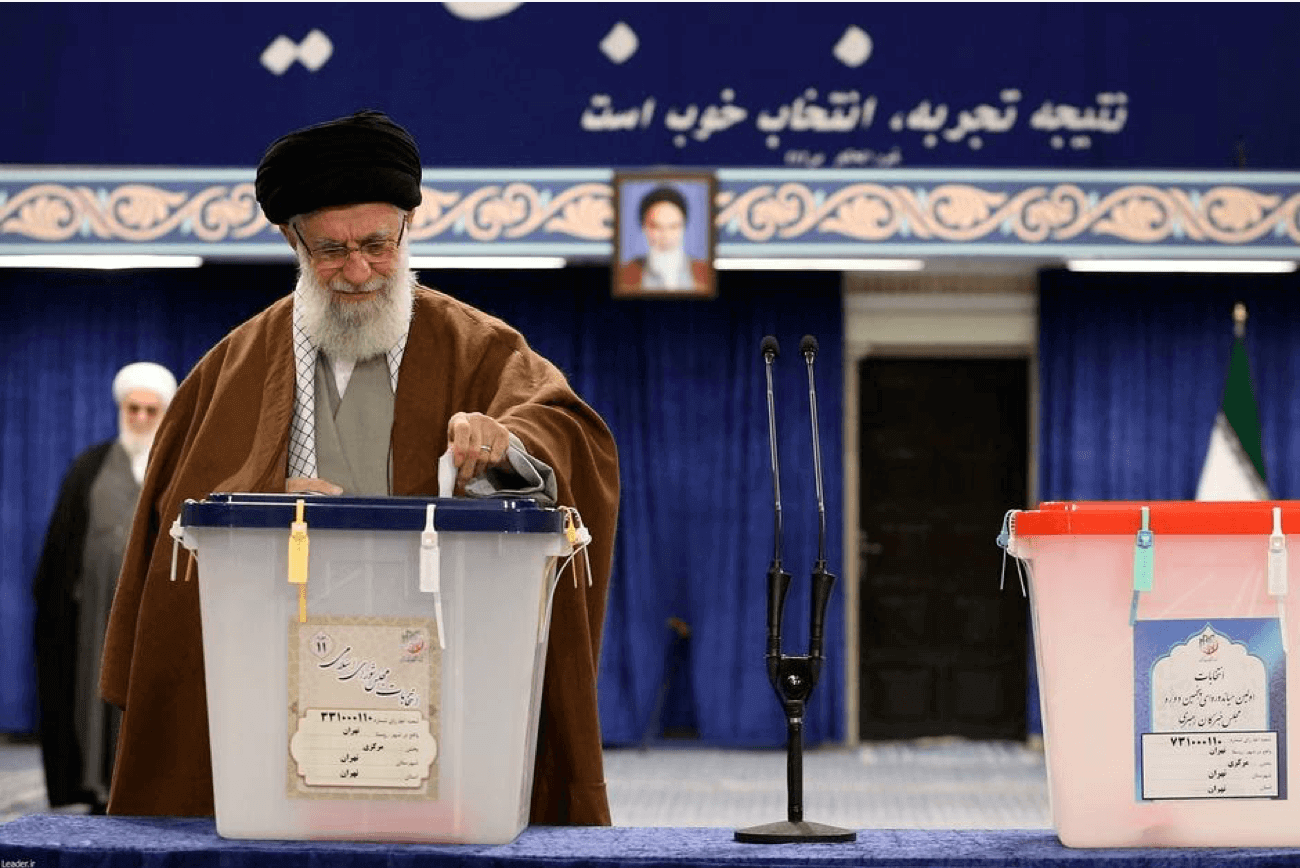
Ayatollah Ali Khamenei casts his vote in the parliamentary elections. (Reuters)
As with Azerbaijan, this is not the first time that Iran has had unfree and unfair elections, or the first time elections were held in the context of anti-regime protests. In 2009, anti-regime protests broke out against the rigging of the presidential election and became known as the Green Movement. In the following legislative elections in 2012, the Guardian Council approved overwhelmingly conservative candidates to run for office, similar to what occurred in the 2020 elections. In the same way that the regime in Azerbaijan has used the constitutional framework to unjustly consolidate power, the Iranian regime uses the Guardian Council’s legal gatekeeping ability to shape the nation’s political agenda before the electorate can vote.
Conclusion
While there are notable differences in the circumstances that preceded the elections in Azerbaijan and Iran — snap elections versus anti-regime protests — both showcase how elections can be used to advance a dictatorial regime’s interests rather than let the people express their will. In both cases, there were political and economic factors that impacted the way the elections played out.
The call for snap elections in Azerbaijan took place during a stagnant economy. Following the rise of protest movements across the globe in 2019, it is not a surprise that the regime would attempt to prevent potential dissent against the regime by calling for unexpected elections to undermine the ability of the opposition to effectively campaign and organize itself. The regime manipulated the electoral playing field to prevent meaningful competition and allow Ilham Aliyev to maintain and solidify his grip on power. The regime created obstacles for the opposition, leading them to either withdraw their candidacies or boycott the elections, used legal mechanisms to prevent them from registering their candidacies, and jailed them.
Meanwhile, in Iran, the Guardian Council’s role in vetting parliamentary candidates was instrumental to the regime within the context of the anti-regime protests that broke out last year in the country and were characterized by demands for political and economic reforms. In Iran, the Guardian Council serves as a gatekeeper, choosing which candidates — and which political ideologies — voters are presented with. It allows the regime in Iran to project a facade of democracy, while in actuality limiting meaningful competition and preventing the proliferation of diverse political ideologies.
Democracy is indeed inconceivable without elections, but they are not an end unto themselves. It is only under democratic regimes that elections can provide the opposition a meaningful chance to compete and give voters a real choice about their political futures.
